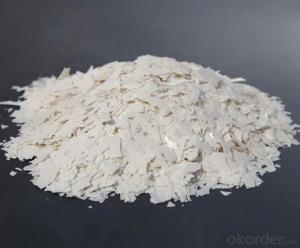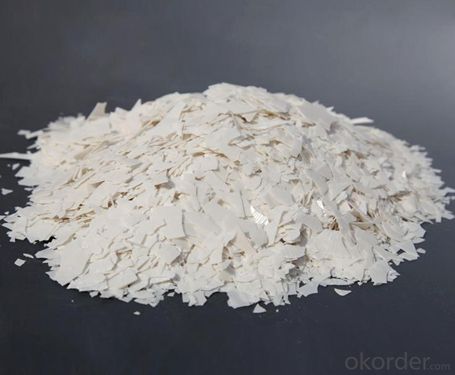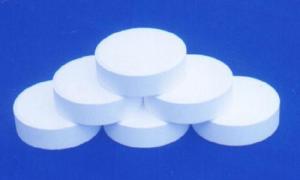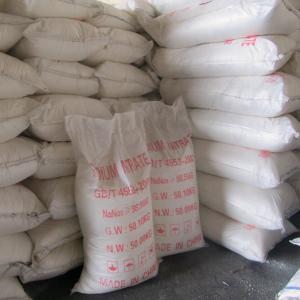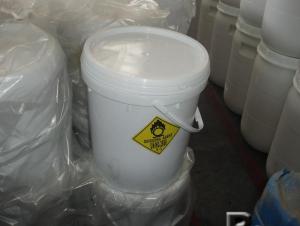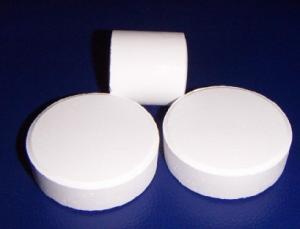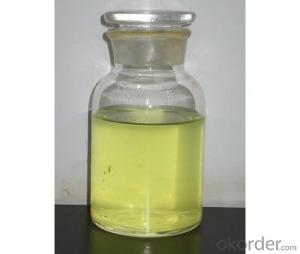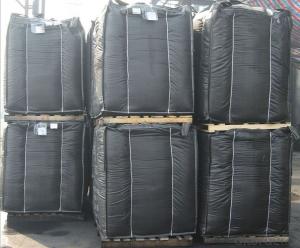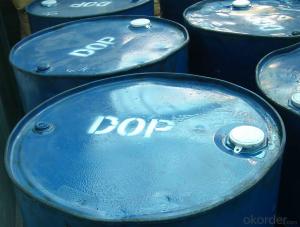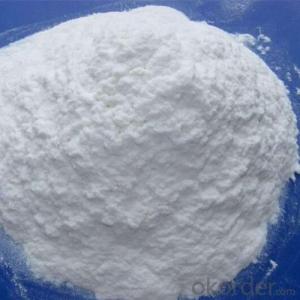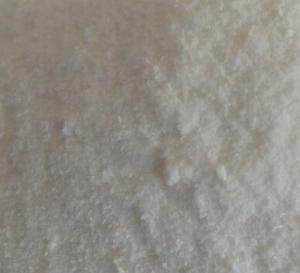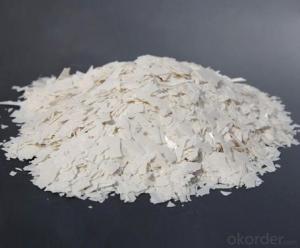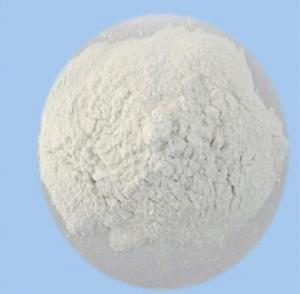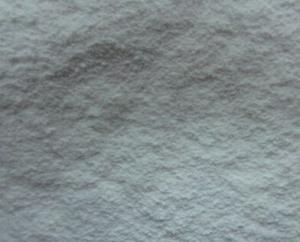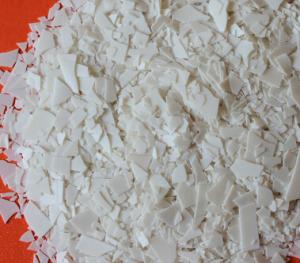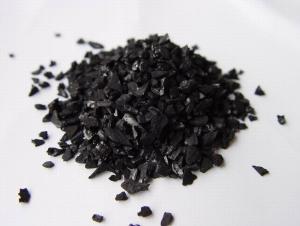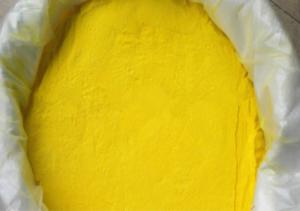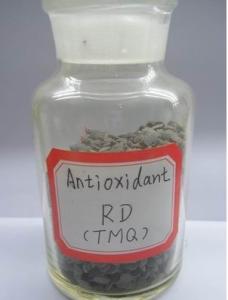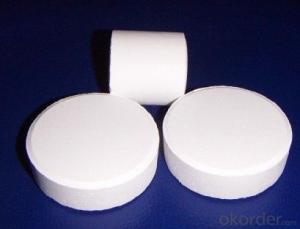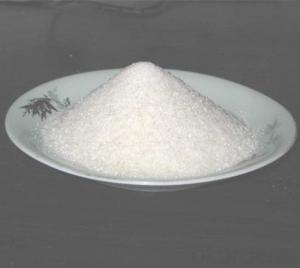PVC Stabalizer for Plastic Panels,Profiles,Pipes
- Loading Port:
- Qingdao
- Payment Terms:
- TT or LC
- Min Order Qty:
- 3000 kg
- Supply Capability:
- 100000 kg/month
OKorder Service Pledge
OKorder Financial Service
You Might Also Like
1. Structure of PVC Stabalizer
Classification: Chemical Auxiliary Agent
Other Names: one pack pvc stabilizer
Purity: 99.9%
Place of Origin: Shandong, China (Mainland)
Type: PVC Stabilizer
Usage: Plastic Auxiliary Agents
Brand Name: HaoMing
Model Number: Pipe Grade
2. Main Features of the Calcium Pvc Compound Stabilizer
Product
PVC stabilizer, Also called One pack pvc stabilizer
Description
It is lead based compound stabilizer containing internal and external lubricants.
It is used for producing pvc pipes. It has excellent processing performance
for calendaring molding. It will not effect the flatness, bright and clean,
even thickness of the product when the filling material has a fluctuation.
Specification
1. Appearance: white flake
2. Lead oxide content,%: 30-40
3. Melting Point:70min
4. Moisture,%:0.5max
Addition quantity
According to the different equipments of calendars, suggests add 3-4 phr in each 100 phr PVC resin.
3. Images Of PVC Stabalizer
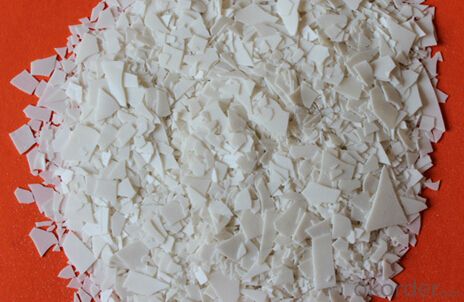
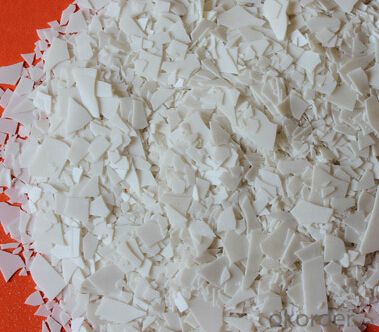
4. PVC Stabalizer Specifications
1. Appearance: white flake
2. Lead oxide content,%: 30-40
3. Melting Point:70min
4. Moisture,%:0.5max
5. FAQ of Calcium Pvc Stabilizer
1.Delivery date:15-30days
2.Proper for plastic pipe and profile stablizer
3.Payment:30% in advance,70% against BL copy
- Q: Can Cuo react as a catalyst with H2O2, does its quality and chemical properties change?
- 2H2O2 (CuO catalyzed) ====== 2H2O + O2 ↑
- Q: What are the catalysts for making oxygen in chemistry? (At least 8 listed)
- Manganese dioxide, iron oxide (red brick powder), copper oxide, ferrous oxide, iron oxide, activated carbon, egg shell, fresh liver, raw potato chips, etc.
- Q: Briefly define a homogenous catalyst? Help please!?
- Define Homogenous
- Q: Is the catalyst in the field of inorganic chemistry?
- The catalyst is a branch of physical chemistry
- Q: What is the catalyst in the end?
- You said the chemical catalyst or Ati graphics card catalyst? If the above is enough to explain the above, if it is the latter, that is, the meaning of the graphics card, Ati's graphics drive like a catalyst
- Q: What is the difference between biological enzymes and chemical catalysts?
- Chemical catalysts are widely used, generally the majority of transition elements
- Q: Where are they good catalysts and why?? THanks!
- A catalyst is a substance that speeds up a chemical reaction by providing an alternate reaction pathway with a lower activation energy. Catalysts appear not to take part in the reaction. Frequently, catalysts are not very reactive. Acids and bases, on the other hand, are very reactive. Acids (as H+) and bases ( as OH-) sometimes function as catalysts in some organic reactions. They appear to be catalysts because in the course of the mechanism H+ or OH- is regenerated.
- Q: what is the difference between enzyme and catalyst?
- Enzymes and catalysts both affect the rate of a reaction. The difference between catalysts and enzymes is that while catalysts are inorganic compounds, enzymes are largely organic in nature and are bio-catalysts. Even though all known enzymes are catalysts, all catalysts are not enzymes. Moreover, catalysts and enzymes are not consumed in the reactions they catalyze. Catalysts are low molecular weight componds, enzymes are high molecular globular proteins. Catalysts are inorganic, enzymes are organic. Catalyst reaction rates are slower (usually) than enzyme reaction rates. Catalysts are not generally specific - enzymes are VERY specific. Catalysts increase or decrease the rate of a chemical reaction, enzymes are proteins that incrase the rate of chemical reactions & convert the substrate into product. There are 2 types of catalysts - (positive & negative), and the 2 types of enzymes are activation enzymes and inhibitory enzymes. Catalysts are simple inorganic molecules, while enzymes are complex proteins.
- Q: A substance involved in chemical reflection, but reflects the quality of the material before and after the change, you say it is a catalyst?
- Is a catalyst. The catalyst is actually involved in the reaction, (these are multi-step reaction), but in the final time from the reaction out.
- Q: Please name 2 common examples of catalysts.Thank you?
- For the best answers, search on this site https://shorturl.im/axpfK Weird how such rare names can be so famous... Gary Hugh Dennis Rupert Ian Fred Lawrence Tony Noel Ray Neil Wayne Jeremy Bruce Russell Lisa Kirsty Harmony Erica Hazel Josephine Stella Pearl Evangeline Miriam Diana Fiona Penelope Margaret Delilah
Send your message to us
PVC Stabalizer for Plastic Panels,Profiles,Pipes
- Loading Port:
- Qingdao
- Payment Terms:
- TT or LC
- Min Order Qty:
- 3000 kg
- Supply Capability:
- 100000 kg/month
OKorder Service Pledge
OKorder Financial Service
Similar products
Hot products
Hot Searches
Related keywords
